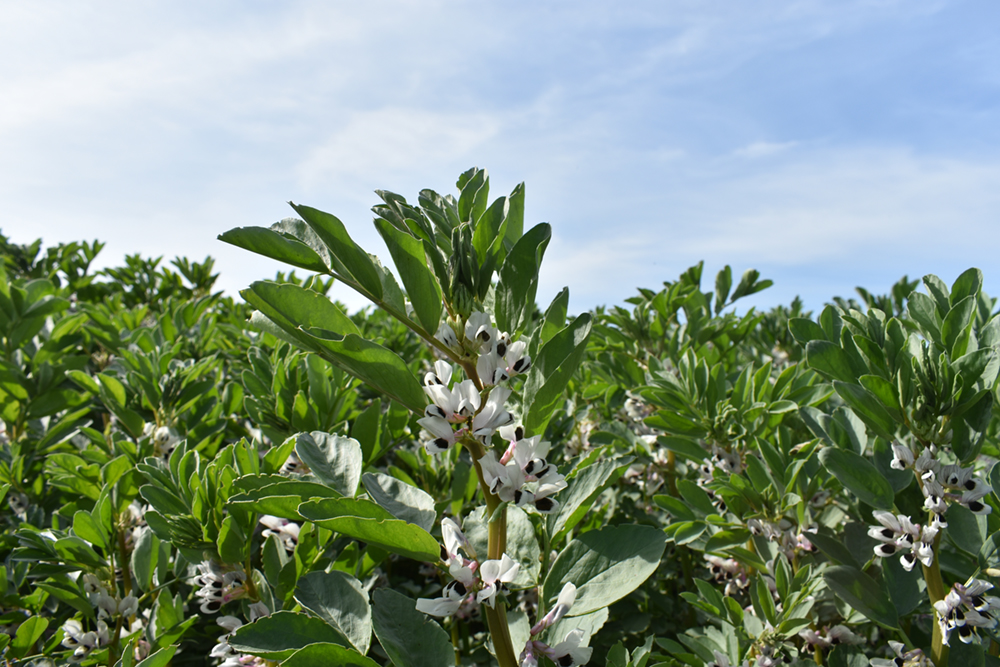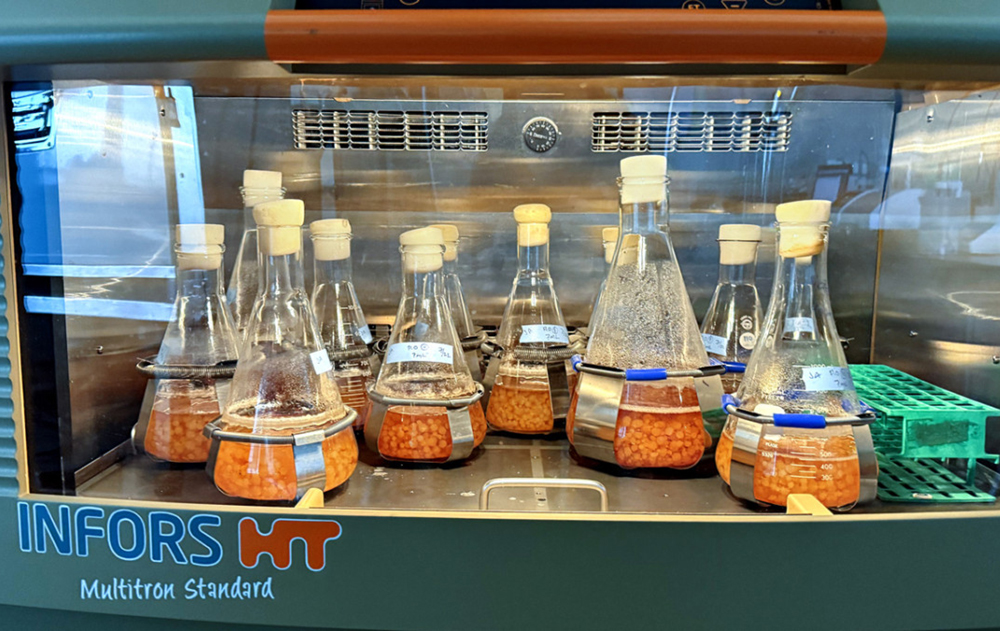

Europe invests US$2.6 million in ISAAP project to accelerate plant-based diets
Europe is backing a new multimillion-dollar initiative to promote plant-based diets as part of its drive toward healthier, more sustainable food systems. The Innovative Strategies to Accelerate Adoption and Consumption of Plant-Based Food (ISAAP) project, co-funded by EIT Food and coordinated by ProVeg Czechia, has received €2.2 million (US$2.6 million) to run from September 2025 through August 2027.
The project brings together organizations from across Portugal, Czechia, and Denmark to design and implement national strategies that encourage greater consumption of plant-based foods. Inspired by Denmark’s 2023 plant-based roadmap, ISAAP will replicate successful approaches in Portugal and Czechia, with activities ranging from on-farm support to policy development.
“This project represents a unique opportunity to transform our food systems for the benefit of people and the planet,” said Linda Janatová, EU project manager at ProVeg Czechia. “By supporting farmers, innovating in food services, and engaging policymakers, ISAAP will accelerate the adoption of plant-based foods across Europe.”
ISAAP’s country-specific programs aim to address key barriers that have slowed plant-based uptake. In Portugal, the focus will be on working with farmers to expand legume cultivation and develop new legume-based products. In Czechia, the project will emphasize increasing plant-based offerings in the foodservice sector while bringing policymakers and industry leaders into the conversation. Denmark will contribute by developing knowledge and resources for healthcare professionals to support plant-based nutrition in promoting wellbeing.
Beyond these country activities, the consortium will also advocate for national policy recommendations in Portugal and Czechia, with the goal of creating the same kind of structured action plans that Denmark has already put in place.
Louise Johansen of Dansk Vegetarisk Forening said Denmark’s role is not only to share its own successes but also to encourage others. “We are also happy that, as part of the project, we can inspire the rest of Europe with Danish plant-based initiatives that support a more resilient food system,” she said.
The consortium behind ISAAP includes ProVeg Portugal, Universidade Católica Portuguesa, Dansk Vegetarisk Forening, CAP, CERPRO, and Catering Zdravě. Together, the partners will test solutions that can be scaled up at a European level, while also ensuring that each country’s unique food culture and policy environment are taken into account.
The launch of ISAAP comes at a time when the EU is under increasing pressure to reduce the environmental footprint of its food system while improving public health outcomes. The food sector is a major contributor to greenhouse gas emissions and biodiversity loss, while diet-related diseases continue to strain healthcare budgets across the continent. Plant-based diets are widely recognized as a key part of the solution.
By embedding plant-based priorities into farming, foodservice, healthcare, and policy, ISAAP seeks to demonstrate how coordinated action can unlock faster change than isolated efforts. Advocates argue that this integrated approach is essential to overcoming the affordability, convenience, and cultural barriers that still prevent many consumers from adopting more plant-based diets.
The initiative is also aligned with broader EU ambitions to strengthen food security and resilience. By supporting legume farming in Portugal, for example, ISAAP not only helps diversify protein sources but also reduces dependence on imported crops. In Czechia, a greater focus on plant-based catering could influence institutional food provision in schools, hospitals, and workplaces, further normalizing sustainable choices.
As Europe’s latest food transition project, ISAAP highlights the role of EIT Food’s Impact Funding Framework in driving systemic change. The program has recently supported other initiatives across alternative proteins, including the CRAFT Consortium, which is developing the world’s first cultivated meat farm.
ISAAP will run for three years, during which time the consortium aims to deliver tangible results for farmers, food businesses, healthcare professionals, and policymakers. The hope is that by 2027, Portugal and Czechia will have their own structured action plans modeled on Denmark’s, setting a precedent for other member states to follow.
For Janatová and her colleagues, the project is about showing that dietary change can be both achievable and beneficial across multiple fronts. “Our food system is facing challenges from health to climate to resilience,” she said. “ISAAP brings together the solutions in a coordinated way so that healthier, more sustainable diets can become a reality for everyone.”
If you have any questions or would like to get in touch with us, please email info@futureofproteinproduction.com

.png)






